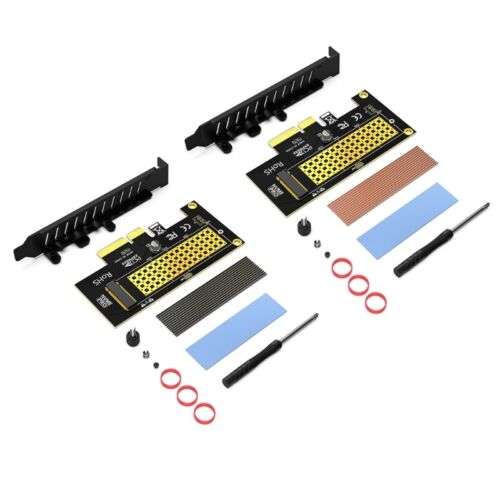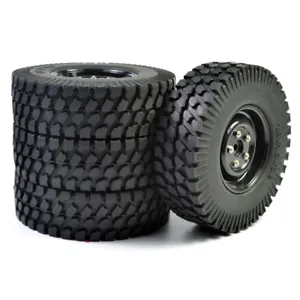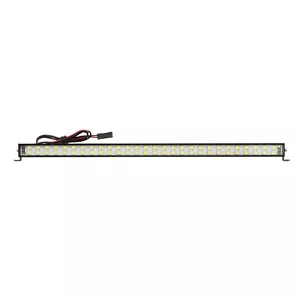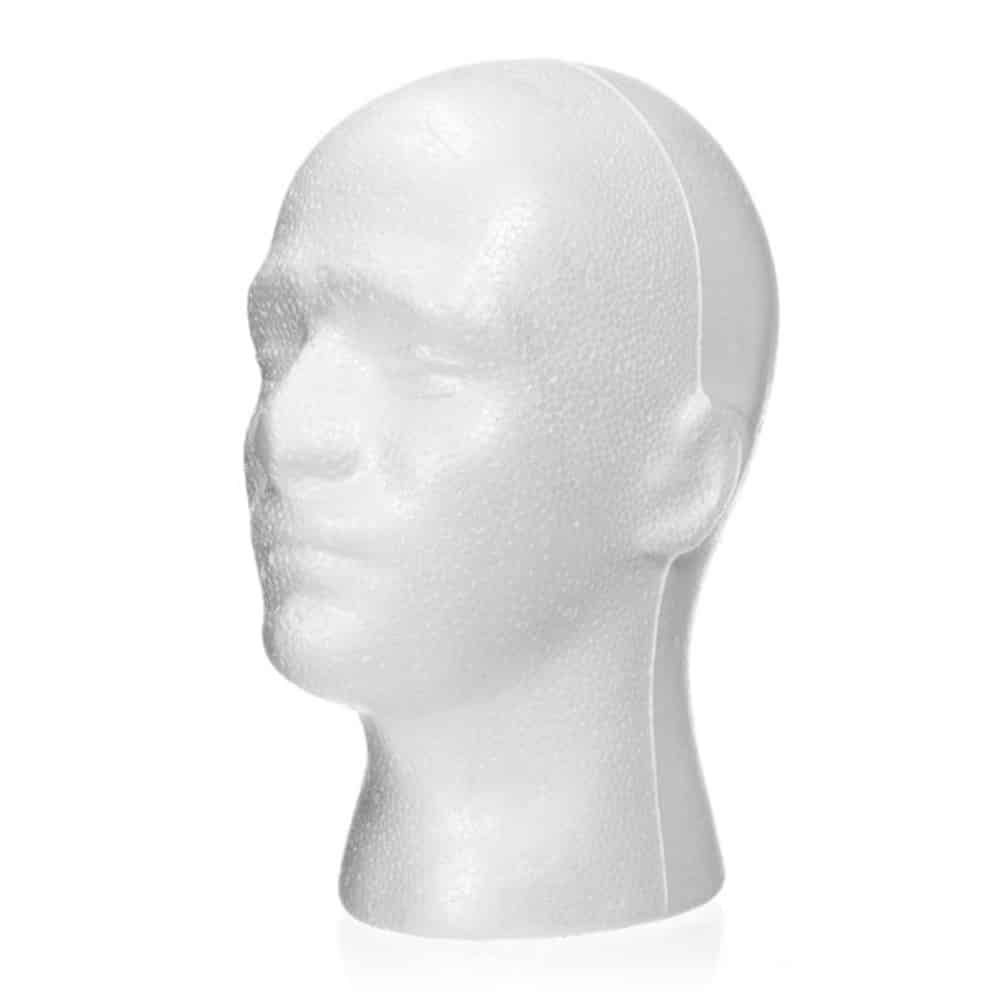




ID: 645875
SKU: 3.95E+11
Category: Electronics accessories
Tags: 30days
NVMe to PCIe Adapter Card: Convert NVMe SSDs to PCIe for Faster Storage and Expansion
About this item:
– NVME to PCIe Adapter connects NVMe M.2 SSD to compatible PC motherboards, supporting expansion of high-speed NVMe U.2 SSDs
– Compatible with NVMe M Key and B+M Key SSDs, supports transfer speeds up to 10 Gbps.
– Slim design fits in most PCIe 3.0 slots, ensuring system compatibility.
– Plug-and-play installation simplifies setup, requires no additional drivers or software.
– Aluminum alloy construction dissipates heat effectively, ensuring optimal SSD performance and longevity.
₹10320
On preorder
Delivered in 30-60 days
On Pre-Order
Guaranteed Secure
- Guaranteed delivery
- Fast shipping
- PAN India shipping
- 100% Secure payment
- Regular orders dispatch in 48 Hours
- Pre-orders dispatch in 30-45 days
- Returns accepted
- Fast refund process
- 24/7 customer support







